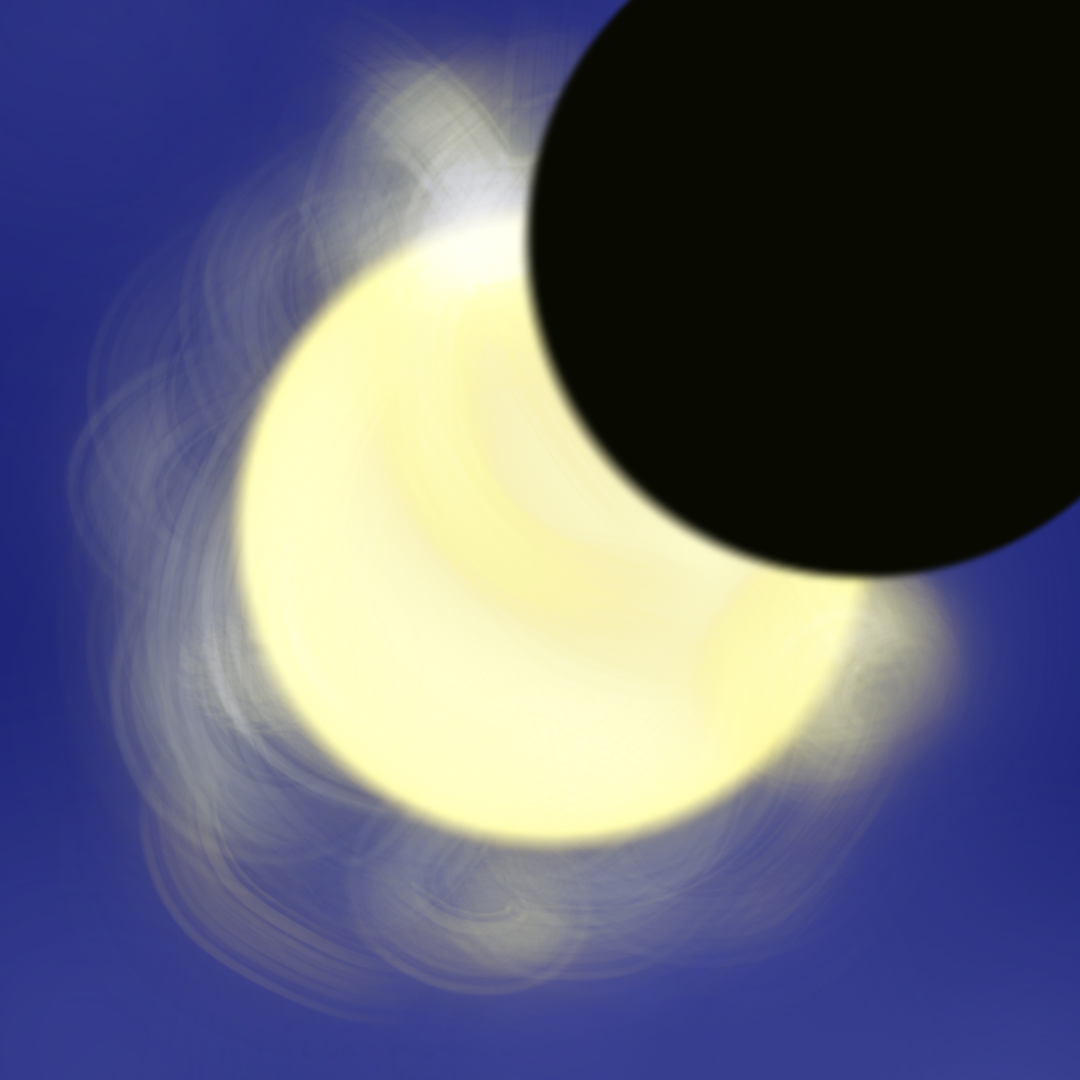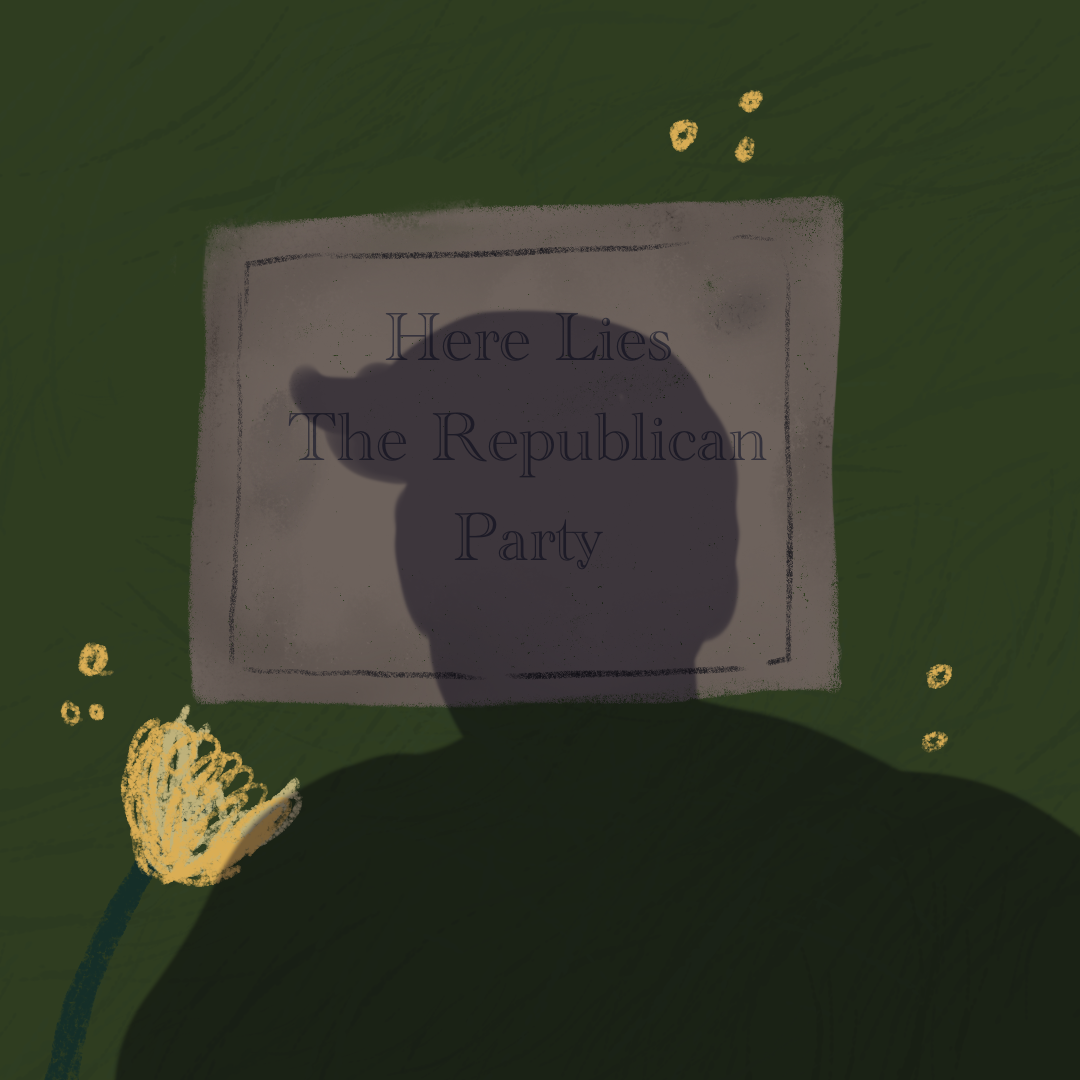On April 8, Kent will be one of the lucky cities across America to experience the solar eclipse. Watching this event can be a humbling experience for humans, as we realize just how large the universe is.
Today, we have technology to help explain how a solar eclipse works, but how did humans react to the natural phenomena before we understood the science behind it?
Many cultures believed that this event was something supernatural and otherworldly and blamed a deity for the disappearance of the sun. For example, in Ancient China, it was a popular belief that the solar eclipse was caused by a giant dragon swallowing the sun. The only way to stop this dragon was by beating drums as loud as possible to scare the dragon away. While we might find this silly today, it makes sense why the people of China believed this if the sun always came back once they started to play their drums.
While China was able to drive the sun-eating dragon away, other cultures weren’t quite as lucky when it came to avoiding the eclipse.
In Southwest Colorado, two eclipses occurred within two years in the same region. The Anasazi people who lived there at the time appeared to have taken this as a sign to leave, because around this time they also had a major exodus. Many ancient cultures saw the solar eclipse as a bad omen, but modern-day spiritualists see this phenomenon as a more positive event.
Today, people who believe that the stars and the sky have a significant impact on our lives see the solar eclipse as a time for change and new beginnings. The fact that this solar eclipse is taking place during spring and one week after Easter might lead some to believe that this is no coincidence and that a time of change is upon us all. Spring has always been viewed as a time for rebirth and new life, similar to how Jesus’ death and resurrection means new beginnings to many throughout the world.
So, if there is something you have been meaning to try for the first time, try it! If there is a toxic person in your life, this may be the perfect time to cut them out. And if you have been going through a rough patch, keep your head up, because everything might just be starting to get better.
We’ve come a long way from believing the solar eclipse meant something more sinister. So, whether you view the solar eclipse as a cool scientific event or a deep spiritual rebirth, get outside and experience this phenomenon because the next one is in 2044 and the next solar eclipse to be visible in Ohio won’t be until 2099 … so enjoy it!
Hannah Bulgrin is an opinion writer. Contact her at [email protected].























Jeff Corbett • Apr 9, 2024 at 8:37 am
I enjoyed reading this writer’s observations. To clarify something in the final paragraph – the next total solar eclipse in the lower 48 states will indeed be in 2044. However, there will be one somewhere in the USA (Alaska to be precise) a decade earlier in 2033. And the next total solar eclipse anywhere in the world will be in 2026, a mere two years from now. If you would like to view that eclipse from Salamanca, Spain, where the Kent State Study Abroad takes place, you will be treated to 99.7% coverage of the sun on August 12, 2026 (100% totality elsewhere.)